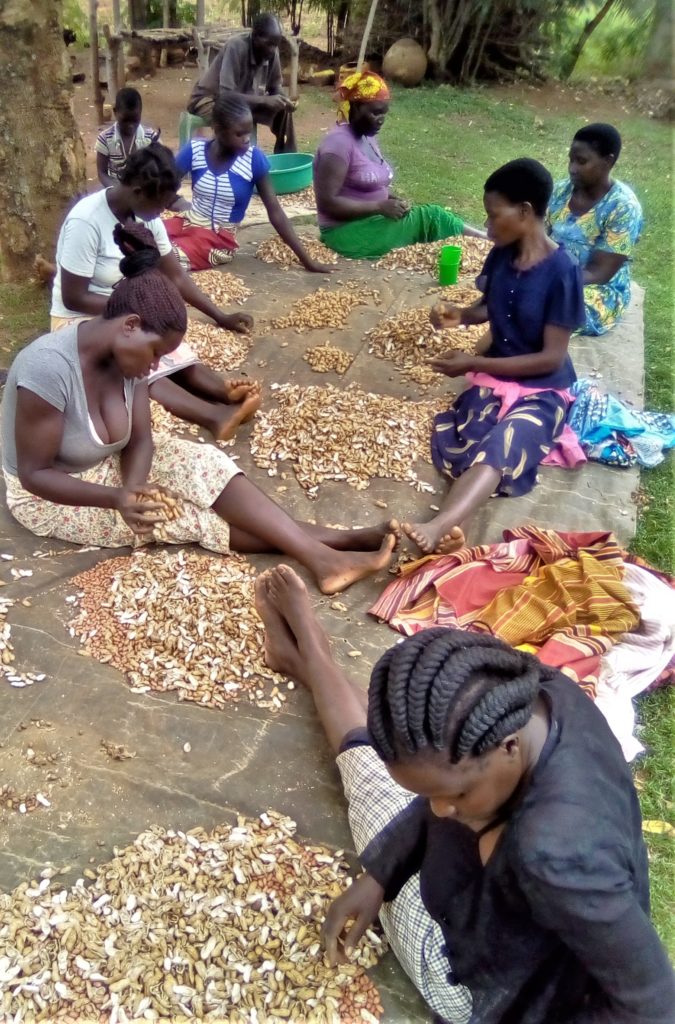
Written by Annie Carter, Graduate Research Assistant
In collaboration with the Smith Center for International Sustainable Agriculture, the Agricultural Leadership, Education and Communications Department, Uganda’s Makerere University, and the Peanut Innovation Lab at the University of Georgia, a photovoice research project has been ongoing since early 2019. Despite travel restrictions during the COVID-19 pandemic, this methodology has proven to be a useful tool gathering data from an ocean away.
Photovoice research entails supplying participants with cameras or cellphones and instructing them to take photos throughout a period of time. Once the photos are collected, researchers ask participants questions about the photos to elicit more descriptive data. Photos are also used in focus group settings to stimulate conversation between participants. In our case, we’ve given cellphones to two separate groups of youth in the Ugandan districts of Tororo and Nwoya. These youth are involved in the peanut value chain, which is a predominant crop grown in this region of Africa. Over the past year, our participants have collected photos and completed multiple rounds of focus groups. Through our research, we’ve identified themes of heavy youth involvement in the peanut value chain, as well as key aspects of gender demographics along multiple levels of the value chain. With a field visit by the University of Tennessee planned in early July, we look forward to collecting more data on the impact this photovoice methodology has on the lives of the youth involved and seeing firsthand how this research can contribute to communities across the globe.
